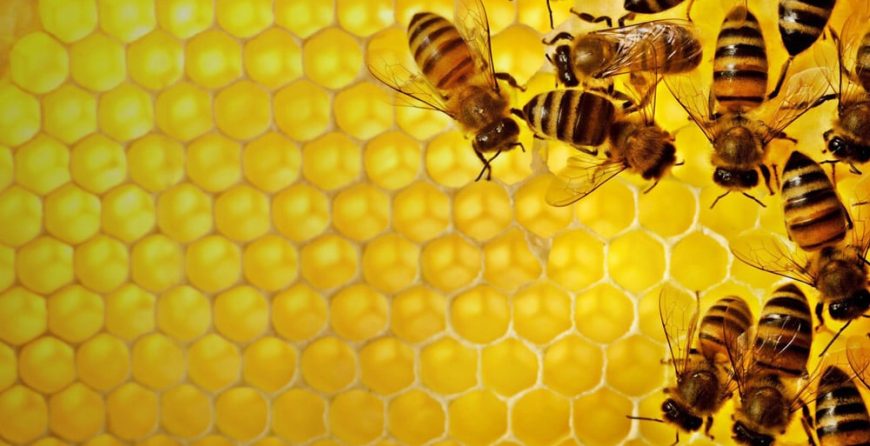 Bees are among the best pollinators, and no extra costs are required to host them. Flowering tree fruits and vegetable plants are the best to attract bees, and in return, the activity of bees on these plants results to pollination. Complete and efficient pollination is an important aspect of organic gardening to yield more and quality produce. Planting a bee friendly garden can go a long way to ensure food supply is maximized all the time. Below are some of the best fruit and vegetables for bees.
Bees are among the best pollinators, and no extra costs are required to host them. Flowering tree fruits and vegetable plants are the best to attract bees, and in return, the activity of bees on these plants results to pollination. Complete and efficient pollination is an important aspect of organic gardening to yield more and quality produce. Planting a bee friendly garden can go a long way to ensure food supply is maximized all the time. Below are some of the best fruit and vegetables for bees.
Apples
Bees love fruit trees including those of apples. When these flowers are blossoming, the bees are attracted by the strong scent and visit them in search of nectar. They help in cross pollination of pollen grains in apples for full fertilization to take place. If pollination does not occur in good time, yields from the apple trees may decrease drastically. Apple flowers require a few visits from bees for complete and efficient pollination to occur. Ensure there are a variety of apple trees to make the bees stay longer.
Blueberries
Bees, especially the bumblebees like the sweet nectar from blueberry flowers. They use their long tongues to extract nectar from the base of the flowers, and as they push the tongue down the style, they shake the loose pollen hence aiding in pollination. The bumblebees can visit many flowers in a minute.
Almonds
The almond plant is highly dependent on honey bee for pollination. Lack of bees’ visits on these crops can reduce harvests more drastically than lack of water. With efficient and adequate pollination, almonds trees yield more fruit with an increase in their Vitamin E nutrient content.
Cucumbers
Cucumbers are among the best crops that are easy to grow in organic gardening. They are a great addition to salads as well as drinks due to their cool and fresh flavor. Without the presence of bees, it is not possible to harvest a high yield of cucumbers. Cucumber flowers produce a sweet smell that attracts bees from far. There should be enough space between the cucumber crops for bees to move around freely for efficient pollination.
Onions
Onions plants produce flowers that are attractive to the bees. Though the green leaves of onions are not a great attraction, bees visit onion flowers to collect nectar and pollen grains and in the process pollination occurs.
Pumpkins
Ground nesting bees are excellent pollinators of pumpkins more than the wind. They visit pumpkins to collect pollen as well as nectar. Their buzzing activity shakes more pollen, aiding in pollination. Usually, bees are highly active in the morning on these crops with the plants relying on these local pollinators to produce bigger and more pumpkins.
Conclusion
Organic gardeners can reap significant benefits by hosting bees, which are effective pollinators. Bees emerge from their nests at different seasons, mostly when their favorite crops are blossoming. They choose good nesting sites which are often near the flowering plants. In their process of collecting pollen and nectar, they help in pollination and hence fertilization. Most of the fruits and vegetables rely on bees for pollination and absence of bees’ action can result in a reduction of yields.


